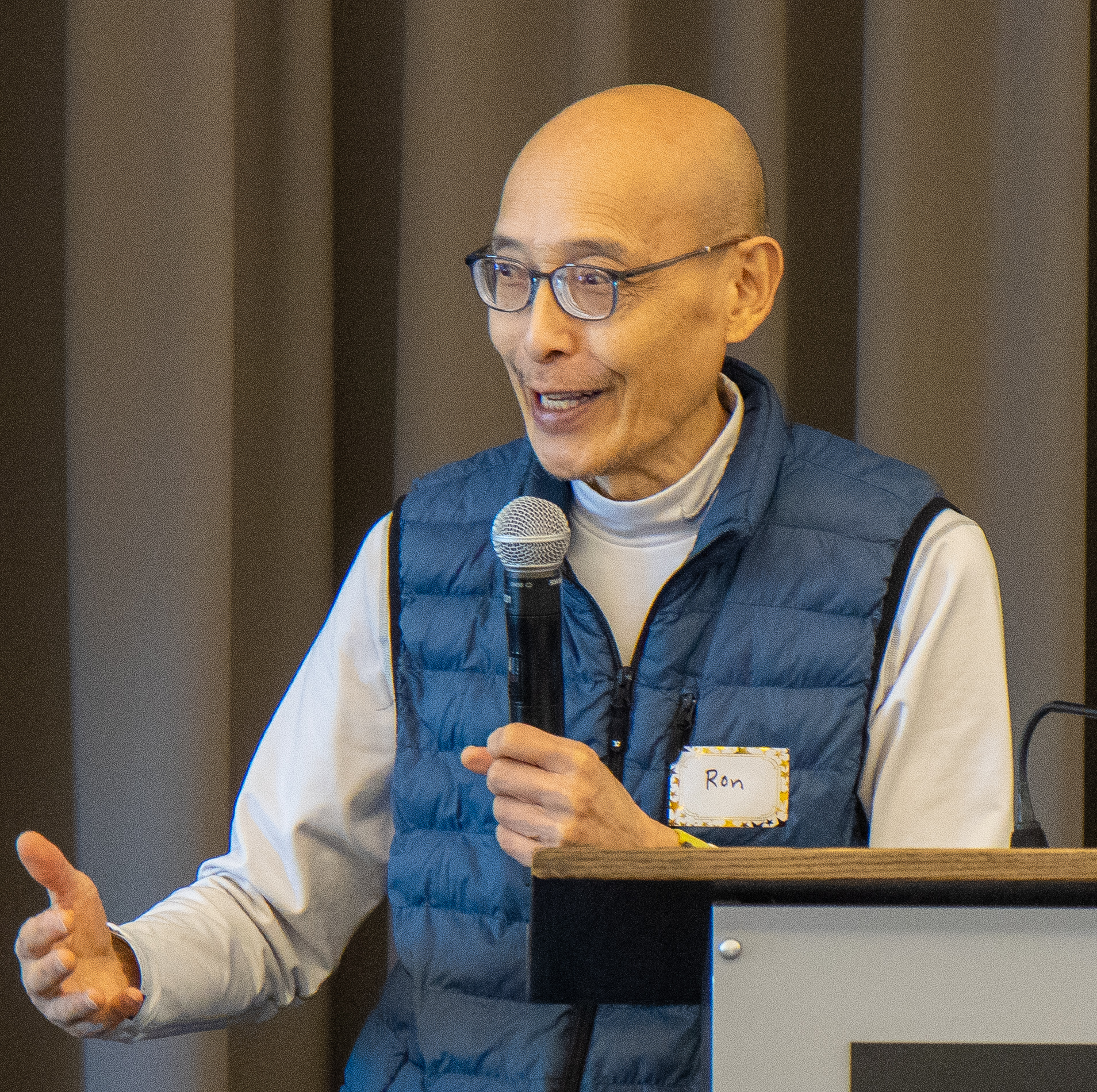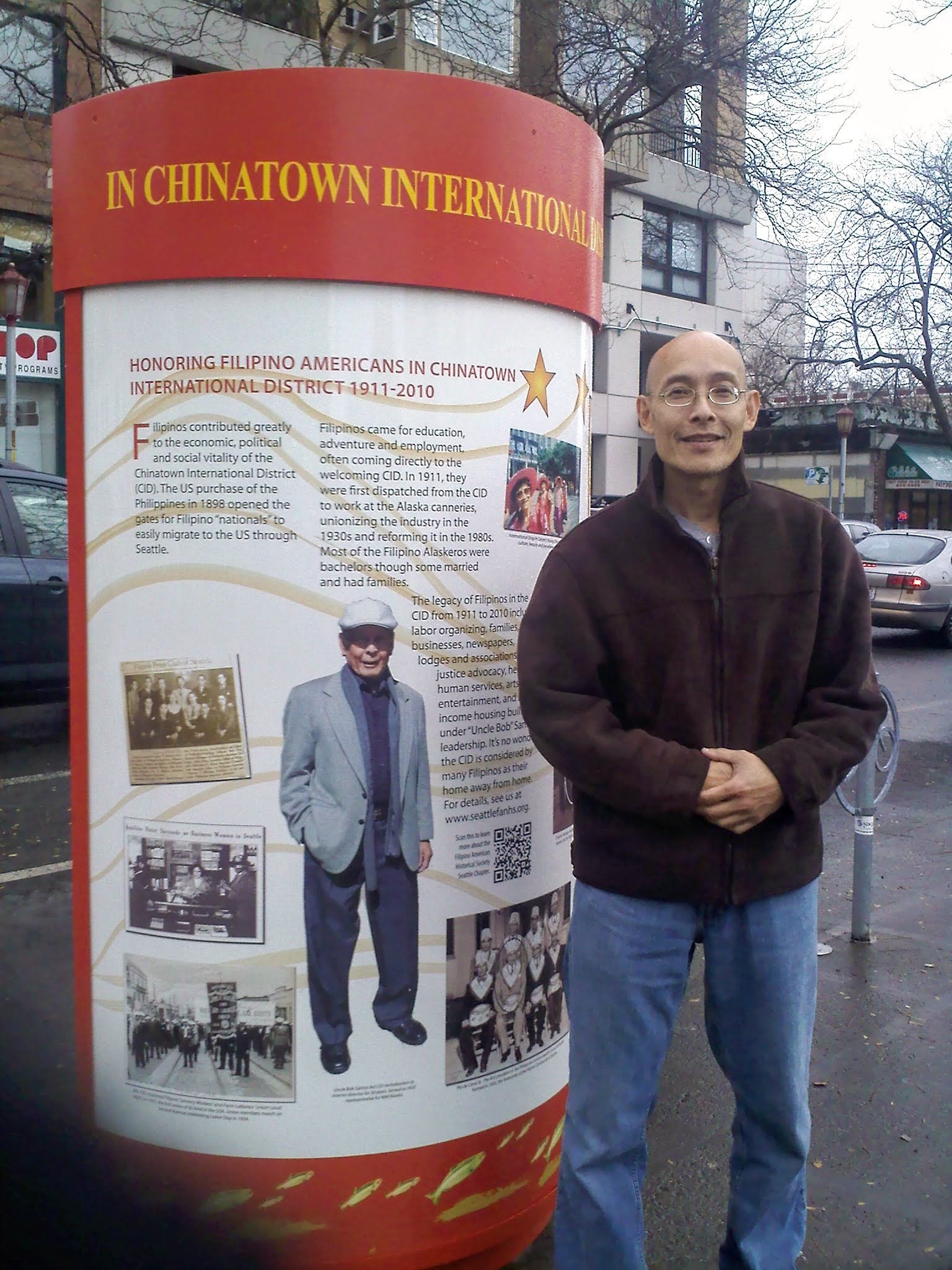AARP Hearing Center

The stories were unfolding all around him, and young Ron Chew was listening. Stories about discrimination and paltry wages. About diners disrespecting Chinese waiters like his father. About health care scarcity for sewing factory laborers like his mother. About hardships in the homeland they had left.
Chew wanted to share the stories emanating from Seattle’s Chinatown — part of the Chinatown-International District. Over a lifetime as a journalist, author and museum and nonprofit leader, he’s done that and more, all while championing causes that touched him and his community.
Recently named AARP Washington’s volunteer state president, Chew, 72, describes his life trajectory as “following the trail of the stories” during his career. His 2020 memoir, My Unforgotten Seattle, is a deep dive into that tapestry, chronicling his own experiences and the rhythms — large and small — of Asian American communities through the decades.

“I believe in a more compassionate and tolerant world than you see today. That’s something that you can spend a lifetime working on — and the work never ends,” Chew says. He sees “quite a bit of xenophobia” in society today, saying, “We’ve hit another period where I think there’s a tendency to look inward and not outward.”
“We have to remember that we’re all connected to some other place,” he adds. “And a lot of our families contributed a lot to this country.”
Chew says there needs to be more awareness about ageism, too. He shares AARP’s quest for an age-friendly society.
In addition to his interviews and experiences with community elders, Chew launched the Chinese Oral History Project of Seattle in 1990, determined to honor older adults’ stories, wisdom and contributions.
An immigrant family's challenges
Chew was one of four children born in Seattle to Chinese immigrant parents who, like their peers, endured routine discrimination and lack of opportunity for Asian people. His father was a waiter in a chop suey restaurant, where young Ron worked bussing tables. His mother often worked two jobs, day and night, sewing ski jackets and outerwear in garment factories.
Studying journalism at the University of Washington, Chew was disillusioned when only white students were considered for an editor job he sought at the school paper. Leaving college a few credits short of a degree, he soon joined the staff of the Seattle-based nonprofit International Examiner, a publication focused on the Asian Native Hawaiian Pacific Islander American community. He stayed as a reporter and editor for 13 years.
His profile growing, he became executive director of the Wing Luke Museum, which focuses on the culture, art and history of Asian Americans, Native Hawaiians and Pacific Islanders and is an affiliate of the Smithsonian Institution. He won national recognition for leading a much-needed museum relocation and for community-based exhibits focused on ordinary people’s stories, including the Executive Order 9066 project about the World War II incarceration of Japanese Americans in the United States.
As for Chew personally, then-President Bill Clinton in 2000 named him to the National Council on the Humanities, and in 2004, he received the Ford Foundation’s Leadership for a Changing World award.
It was while juggling his subsequent job heading the International Community Health Services Foundation that Chew embraced what would become an enduring passion: distance running.
Both calming and invigorating — notwithstanding verbal taunts he endured when pandemic politics whipped up anti-Asian sentiment — running has been a constant. He’s out early every morning, logging eight to nine miles on neighborhood streets.
He hopes to inspire other older adults to pursue any exercise that works for them, to reap the physical and mental rewards as they navigate their health journeys. “If you’re in motion, then you know you’re alive,” he says.
Chew says he remains active in projects through his Chew Communications, a consulting firm that focuses on helping museums, cultural organizations and nonprofit leaders.
“I figure as long as I’m still on this Earth breathing,” he says, “there’s always something to do.”
Rita Beamish, based in California, is a former Associated Press reporter and San Francisco Chronicle editor. She has written for the Bulletin for 15 years.
- Volunteer With AARP
- AARP Washington Seeks Nominees for Excellence in Volunteering Award
- Soul of Seattle (University of Washington Magazine profile of Ron Chew)































































